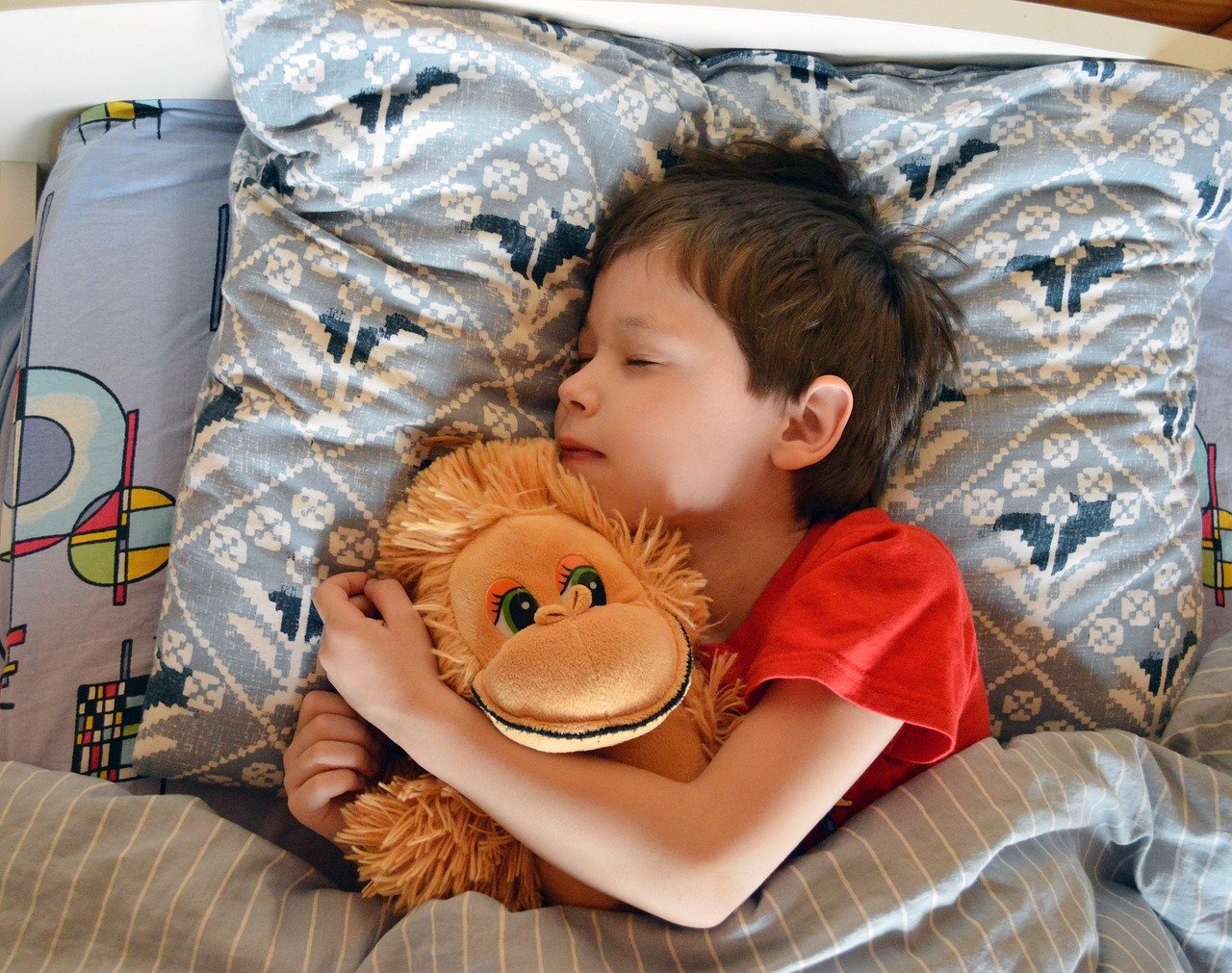In November 2018 researchers from the USA published the results of their study to assess the association between night time media use and sleep problems and internalizing symptoms (ie depression, … Read more
Sleep and dietary patterns, technology and internet usage, perinatal factors, breastfeeding, birth delivery mode and exercise all appear to have an effect on the amount of impulsive behaviour seen in children and adolescents with attention deficit/hyperactivity disorder
In September 2019 researchers from Spain published the results of their study to assess the association between weight, birth attributes, exercise and sleep habits, dietary intake and impulsive behaviour in … Read more
A short sleep duration appears to be associated with an increased risk of an emotional disorder (anxiety and depression) in both boys and girls and with a behavioural disorder (defiance, inappropriate conduct, and attention-deficit/hyperactivity) in boys only
In December 2019 researchers from Norway published the results of their study to assess the association between sleep duration and symptoms of emotional and behavioral disorders in children. A total … Read more
Greater technology use appears to be associated with more sleep-wake problems and less time in bed in all adolescents, but the association between the amount of technology usage and teacher-rated daytime sleepiness only appears to be seen in adolescents with attention deficit/hyperactivity disorder
In June 2019 researchers from the USA published the results of their study to assess the differences in types and amount of technology used by adolescents and its association with … Read more
Exposure to polybrominated diphenyl ethers during pregnancy appears to be associated with impairments in executive function and poorer attention control in children whilst prenatal and postnatal exposure appears to cause hyperactivity and conduct problems
In May 2018 researchers from the USA and Canada published their review of the medical scientific literature to assess the effect of polybrominated diphenyl ethers on behaviour development in children. … Read more
Insufficient sleep in adolescents can lead to inattentiveness, poor academic performance, increased risk of obesity, mood disturbances with increased suicidal ideation, and sports-related injuries
In August 2017 researchers from the USA published their review on inadequate sleep in the adolescent population. Causes of inadequate sleep, which is at epidemic levels in this population, include … Read more






